Environmental Science and Technology (ENST) is the place for ecological discovery and natural solutions. Our primary mission is to educate students on the fundamentals of environmental science, while instilling a deep fascination and intellectual capacity to work in natural resources management, ecological technology design, soil and watershed science, or ecosystem health. ENST offers a unique and challenging academic program that not only will train you to understand environmental systems and issues, but also give you multidisciplinary quantitative and analytical tools to address complex environmental problems.
Environmental Science & Technology Website
The ENST department has degrees available in Bachelor of Science (B.S.), Master of Science (M.S.), Doctor of Philosophy (Ph.D.). ENST offers four undergraduate programs of study and four graduate programs of study.
| Undergraduate Programs: | Graduate Programs: |
|---|---|
|
|
Learn more about each of the programs of study below.
Undergraduate Programs of Study

Ecological Technology Design
The soil performs critical ecological functions ranging from supplying and purifying water to modifying the atmosphere, and serves numerous uses for human endeavors. This concentration provides students with one of the top soil science programs in the nation, and educates students in the complex ways in which aquatic and terrestrial ecosystems are influenced by soil properties and processes and land management decisions.
More Information
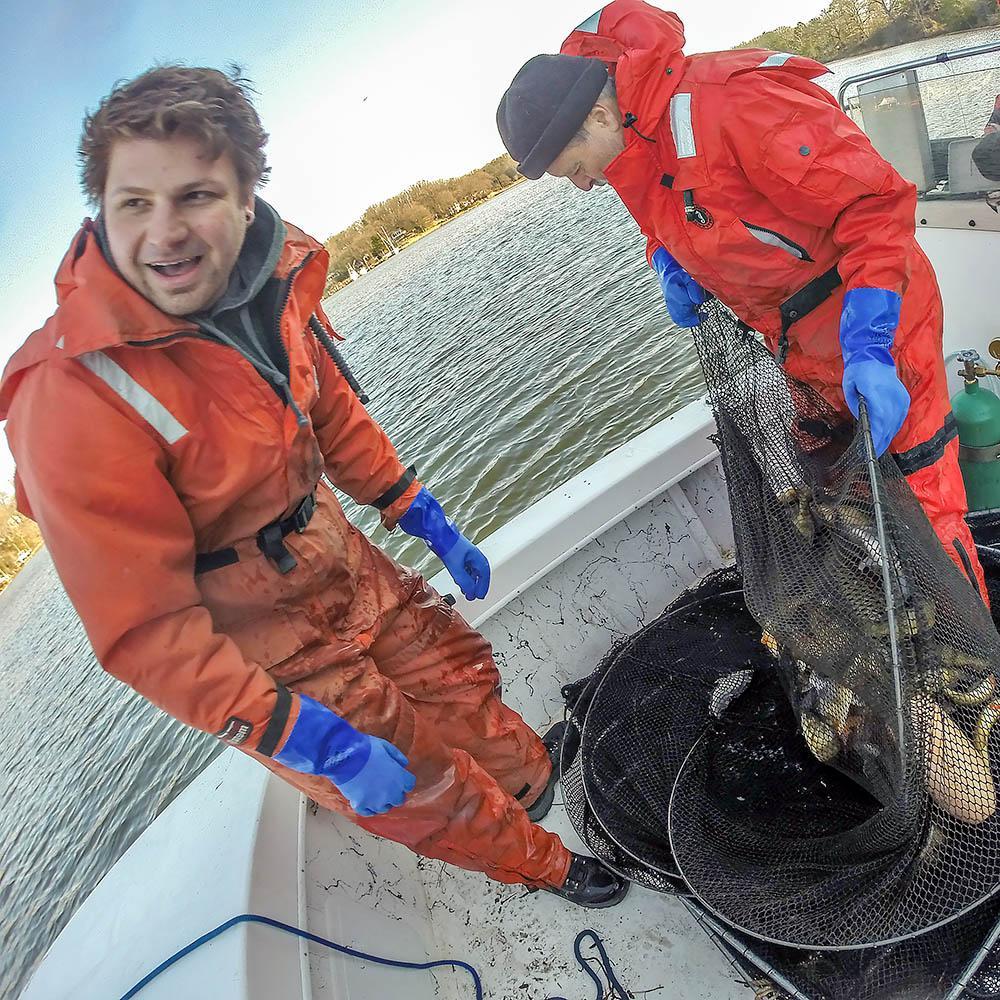
Ecosystem Health
Ecosystem health is a broad and increasingly important field with wide ranging applications in the environmental science and public health fields. The field encompasses environmental factors and ecosystem functions that affect human health and the effects of human activities on the ecosystem products and services we depend on.
More Information
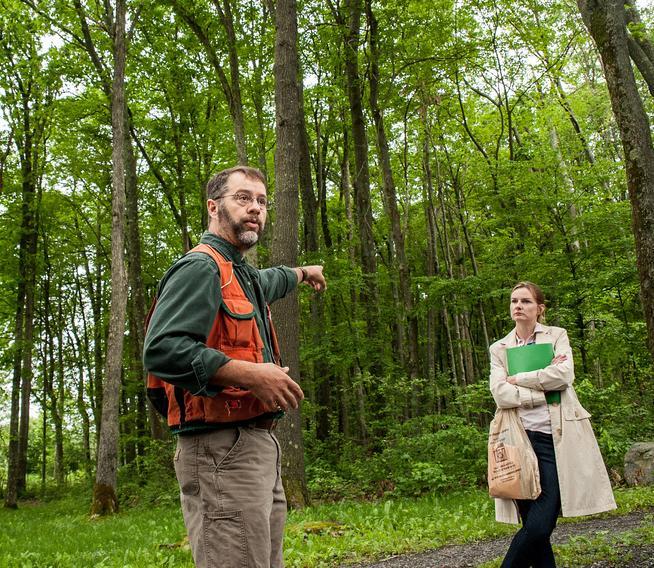
Natural Resources Management
This program is designed to teach students concepts of the environmentally sound use and management of natural resources. Ecosystems and human societies are linked in complex cycles and relationships between vegetation and wildlife, forests and cities, conservation and development. By learning to participate effectively within these cycles, we will help sustain a harmonious relationship between the environment and human activities.
More Information
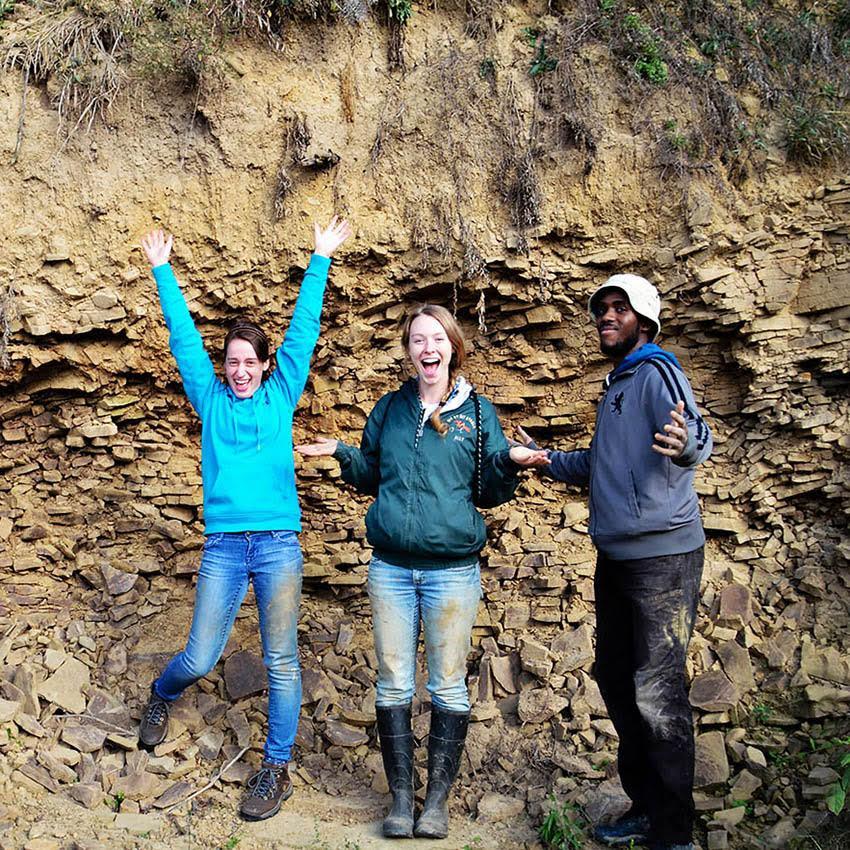
Soil & Watershed Science
The soil performs critical ecological functions ranging from supplying and purifying water to modifying the atmosphere, and serves numerous uses for human endeavors. This concentration provides students with one of the top soil science programs in the nation, and educates students in the complex ways in which aquatic and terrestrial ecosystems are influenced by soil properties and processes and land management decisions.
More Information
Graduate Programs of Study
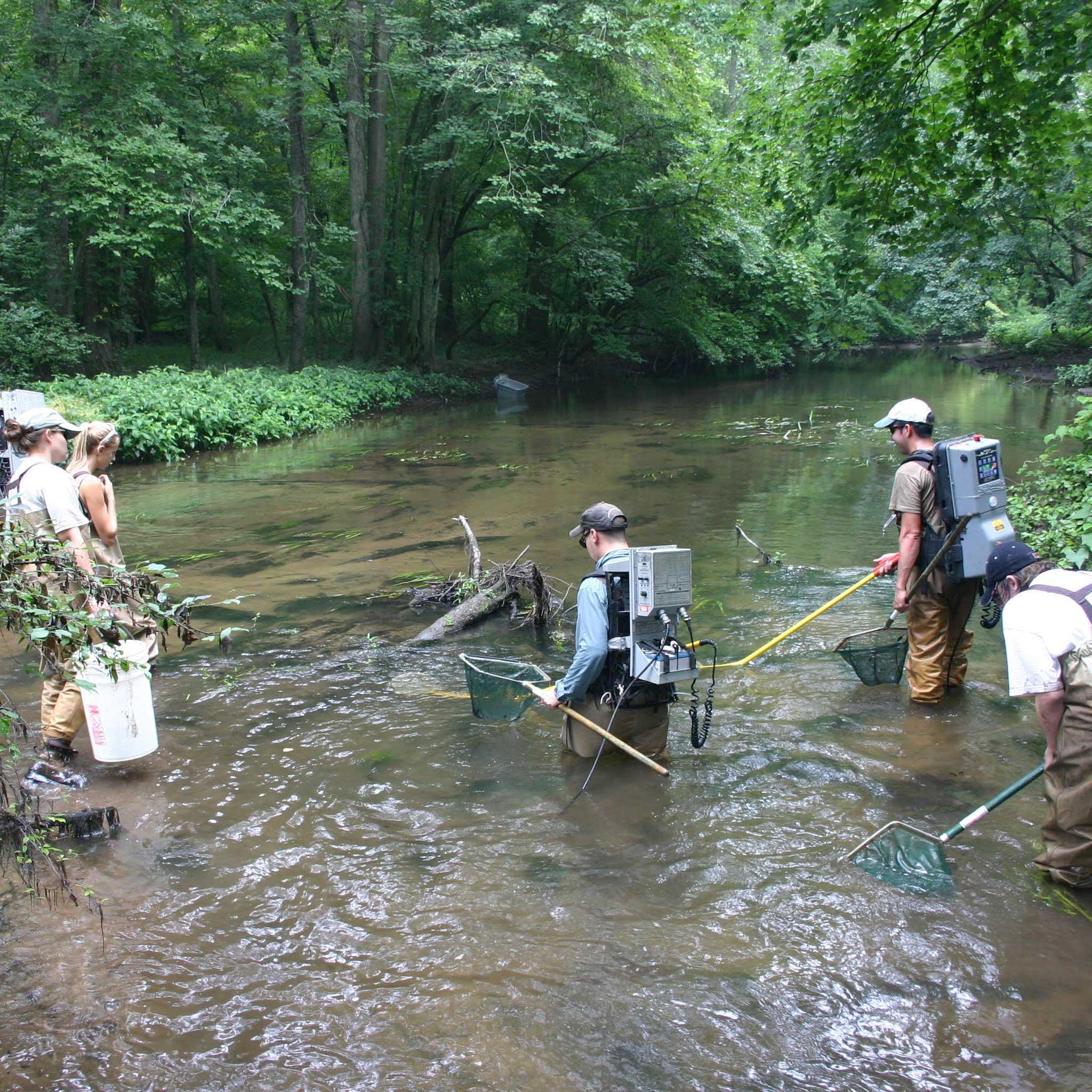
Soil & Watershed Sciences
The specialization in Soil and Watershed Sciences graduate program prepares students to address challenging environmental issues that involve the soil resource at field, landscape and watershed scales. Soils are the most complex and ecologically significant biogeochemical systems on Earth. Soil processes and the soil resource are critical to all terrestrial ecosystems from prairies to the Alaskan tundra, to wetlands, to our cities, to forests to biofuel farms.
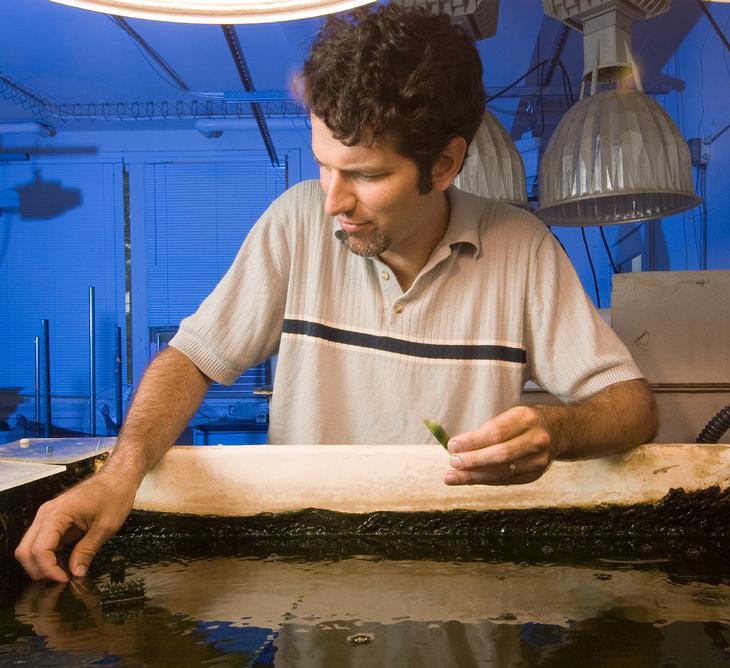
Ecological Technology Design
The specialization in Ecological Technology Design prepares students to integrate natural systems with the built environment to solve environmental problems while achieving economic, ecological and social sustainability. The science and application of using natural systems, processes and organisms to address environmental issues has evolved during the last few decades to a mature level whereby there are strong employment opportunities for graduates that are educated jointly in ecology and technology.
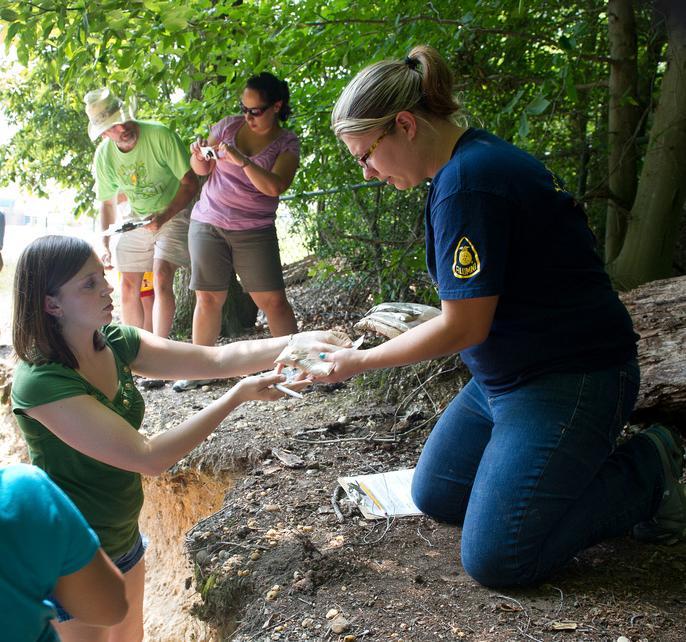
WEtland Science
The specialization in Wetland Science addresses the keen awareness among the Environmental community that wetlands represent a critical and understudied component of many larger ecosystems. Hydrophytic vegetation, hydric soils and wetland hydrology all contribute to make wetlands the significant and highly complex ecosystems that they are.

Ecosystem Health & Natural Resource Management
Ecosystem Health and Natural Resource Management (EHNRM) examines the complex interactions between ecosystem functioning, ecological health, and sustainability from an ecological context. The program recognizes the need within Environmental Science and Human Health for an improved understanding of how environmental factors and ecosystem functions affect ecological communities. Integrity of these communities is critical to the continued availability of natural resources. Comprehension of how human activities affect ecosystem functioning allows development of effective “knowledge-based” policy and management tools to mitigate environmental decline and promote sustainable growth.